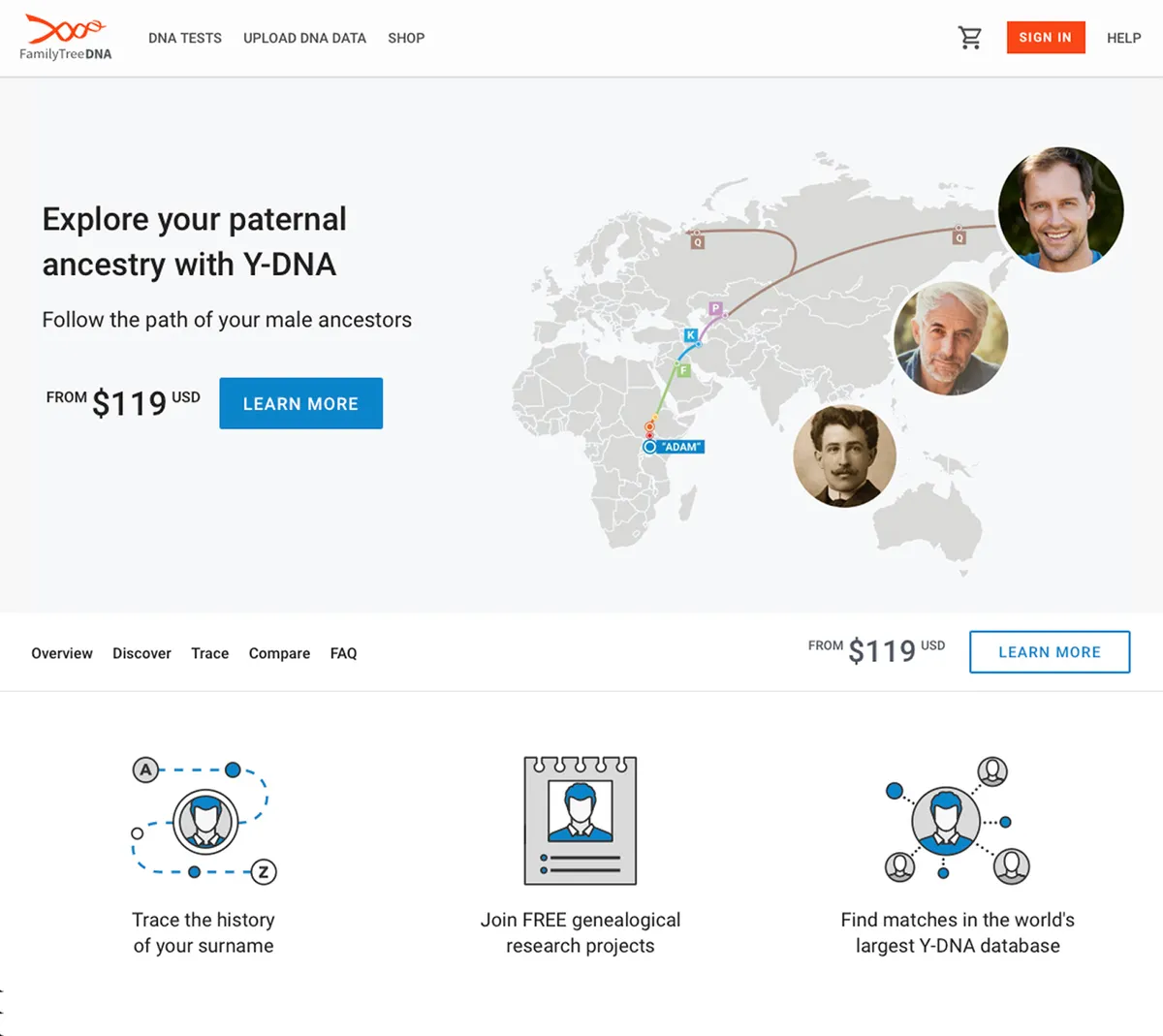What is a one-name study?
The Guild of One-Name Studies defines a one-name study as “research into the genealogy and family history of all persons with the same surname and its variants”.
A one-name study is an interesting and popular extension of family history research. Most people do not start their research by deciding to start a one-name study; instead they end up doing it without even realising. Many family historians find that they spend more time researching one or two of the more interesting surnames in their tree. It may be that their interest in a one-name study is sparked by a desire to verify family stories about a connection to royalty or a link with a famous person. As the research progresses back in time it becomes necessary to collect all of the references to a surname in a particular county or location, and to reconstruct the families by matching up the baptism, marriage and death records in order to correctly assign the events to their own direct line. By this stage they have already covered some of the basic elements of a one-name study by researching beyond their direct ancestral line.
A one-name study is an interesting and popular area of family history research
How to start a one-name study
If you’re thinking of starting a one-name study, it helps to do some preliminary research to determine the size and scale of your study and to decide which variant spellings you wish to include. Bear in mind that many people spelled their first and last names inconsistently on different historical records. You can get an estimate of the frequency of your surname and the number of available records worldwide by doing a surname search on the major websites such as Ancestry, FamilySearch and Findmypast. You can also use Forebears, which reveals the global distribution of a surname in 2014, and the list of websites on the International Society of Genetic Genealogy Wiki, for more help with surname mapping.
Organising your genealogical records is important for all family historians, but is absolutely essential for a one-name study. This is best done using dedicated family history software. Family Historian, Legacy Family Tree and RootsMagic are the programs that provide the best functionality for one-name studies. Combining all of the family trees into one big file allows you to look for patterns in the data you’ve gathered, reconcile duplications, and spot previously undetected linkages.
In addition, Excel is useful in one-name studies for downloading and storing large datasets such as birth, marriage and death indexes. Powerful note-taking programs such as Evernote and OneNote are useful for collating, indexing and searching information from multiple sources in diverse formats such as web pages, PDFs and e-mails.
Good backup procedures are important for your one-name study. These can be online, using cloud-based services such as OneDrive or Dropbox, supplemented by backups on alternative media such as an external hard drive.
Y-DNA testing is also an important tool in conducting a one-name study, because Y-DNA is inherited along the male line and surnames are normally passed down from father to son.

What is the Guild of One-Name Studies, and why should you join it?
The Guild of One-Name Studies is a registered charity that promotes the interests of individuals and groups engaged in one-name studies. It is perfectly possible to organise a one-name study independently of the Guild, but membership provides considerable benefits and gives your study an aura of authority.
One of the joys of a one-name study is collaborating with and learning from other researchers. I’ve found that one of the main benefits of my membership of the Guild is the combined wisdom and knowledge of my fellow members, and the ability to belong to a community of like-minded individuals who share my enthusiasm for one-name studies.
The Guild has a lively Facebook group and mailing list, as well as an online forum. Whatever questions you have about one-name studies anywhere in the world, there will always be members who are willing and able to provide answers. We also have interesting discussions about best practice, methodology, and good tools and websites to use in one-name studies.
What’s more, the Guild of One-Name Studies offers four seminars a year and these events are open to both members and non-members. These were previously in-person events, but have now moved online during the pandemic. Most of the talks from past seminars going back six years or more have been recorded, and members have access to a rich archive of educational material.
The Guild’s Members’ Websites Project gives family historians the opportunity to host a website on the Guild’s domain, to provide for the long-term preservation of their one-name study. Members can also deposit digital research, including GEDCOM files, in its library.
